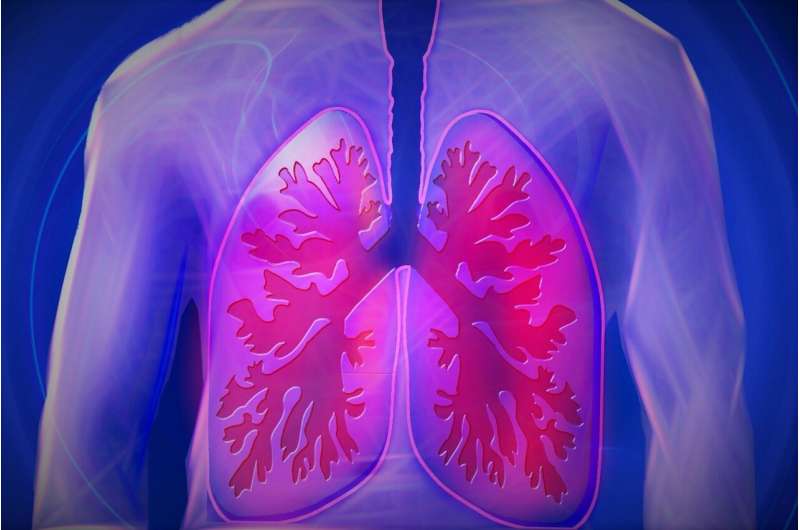'Gas station heroin' is technically illegal and widely available. Here are the facts

Learn about 'gas station heroin'—illegal products containing tianeptine sold at convenience stores, posing serious health risks and increasing emergency calls. Stay informed about the dangers and regulations.
Health officials warn consumers to exercise caution when purchasing brightly colored bottles and capsules often sold at gas stations, convenience stores, and smoke shops, commonly referred to as "gas station heroin." These products usually market themselves as energy shots or cognitive enhancers but often contain tianeptine, an unapproved drug with addictive potential and serious health risks.
Tianeptine is approved in several countries outside the U.S. as an antidepressant, typically in low-dose pills taken multiple times daily. However, it has not received approval by the Food and Drug Administration (FDA) for any medical purposes in the United States. Moreover, adding tianeptine to foods, beverages, or selling it as a dietary supplement is illegal, although some companies still market it under brand names like Zaza, Tianaa, Pegasus, and TD Red, operating in a legal gray area.
These products, often labeled as dietary supplements, are not properly regulated or tested. Dr. Diane Calello of the New Jersey Poison Information and Education System states that "it's kind of this grey area of consumer products, or supplements, where the contents are not regulated or tested the way they would be with a medication." Recent studies show a significant increase in emergency calls related to tianeptine, with poison control centers reporting a 525% rise between 2018 and 2023. Many individuals seek medical attention after adverse reactions such as rapid heartbeat, low blood pressure, seizures, and distress.
While marketed as a remedy for conditions like addiction, pain, or depression, these claims lack scientific backing and FDA approval. Tianeptine works in the brain similarly to opioids, binding to receptors associated with reward and pain relief, which can lead to dangerous side effects like respiratory depression. Experts warn that users often turn to tianeptine to self-treat opioid withdrawal, risking slow or shallow breathing.
There is concern that the rise in use is partly due to greater availability and potency, with some products containing synthetic cannabis and other drugs. Calls to poison control concerning tianeptine have increased sharply, with some incidents ending in critical care admission.
Although tianeptine is not classified as an opioid and is not on the federal Controlled Substances list, around a dozen states—including Alabama, Georgia, Michigan, Minnesota, Ohio, and Tennessee—have enacted laws restricting its sale and possession. These regulations have shown some success in reducing harm and emergency calls related to the drug.
Health officials emphasize that individuals with conditions like opioid dependence, depression, or anxiety should consult healthcare professionals and use FDA-approved treatments instead of unregulated products. Awareness and regulation are crucial steps toward minimizing the risks associated with these unapproved and potentially dangerous products.
Stay Updated with Mia's Feed
Get the latest health & wellness insights delivered straight to your inbox.
Related Articles
Harnessing Lung Repair Processes to Enhance Tuberculosis Defense
Discover how innovative inhalation-based TB vaccines targeting lung repair mechanisms can revolutionize tuberculosis prevention and improve global health outcomes.
Innovative Precision Oncology Platform Enhances Prediction of Chemotherapy Success in Esophageal Cancer
A novel precision oncology platform leveraging Organ Chip technology can accurately predict chemotherapy responses in esophageal adenocarcinoma, enabling personalized treatment for better patient outcomes.
Using Wastewater Surveillance to Detect Cancer-Linked HPV Strains
Uruguayan researchers are utilizing wastewater analysis to monitor high-risk HPV genotypes linked to cervical cancer, offering a promising tool for disease surveillance and prevention efforts in resource-limited settings.



